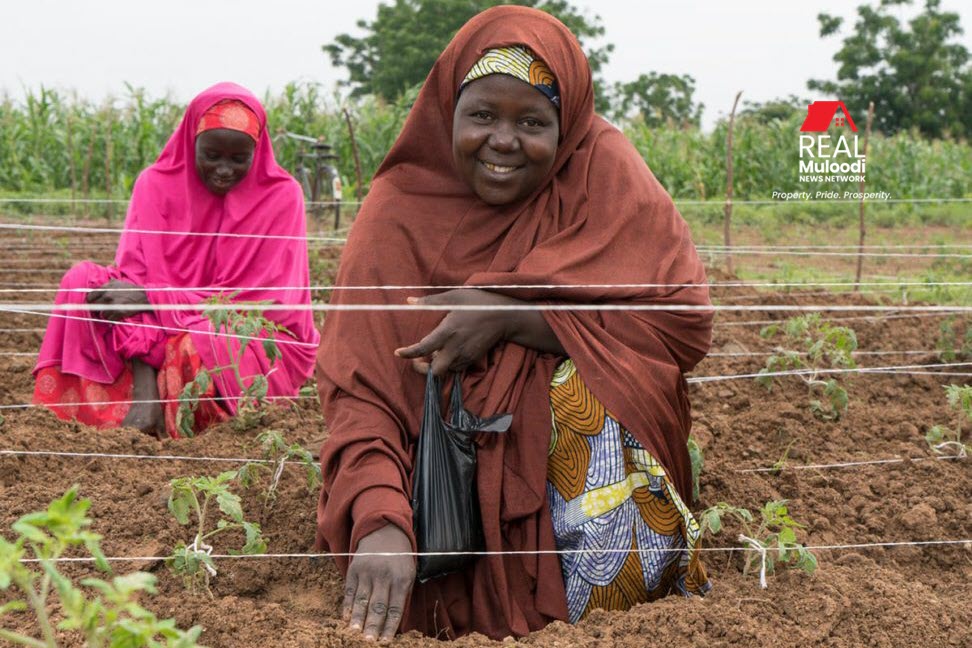UGANDA, Kampala | Real Muloodi News | In Uganda, a piece of land is a critical asset, both in terms of ownership and investment.
Nationwide, 90% of all rural women in Uganda work in agriculture. Women produce an estimated 80% of food crops, and contribute 90% of all labor for food production. Yet, women only own 27 per cent of registered land.
Further, women control less than 20 per cent of agriculture outputs, thus illustrating the inequality women face in land ownership and control of their fruits of labour.
During the third National Women’s Land Rights Conference, Sarah Kulata Basangwa, the former land commissioner at the Ministry of Lands, Housing, and Urban Development, stated that since 1993, the number of women registering land has gone up at a very slow pace.
In 2000, 16 per cent of women held land. This has increased to about 27 per cent holding land today.
Basangwa has called on the government and stakeholders to encourage women to register their land in their names if they are able to buy land, or should they inherit some. She further explained that the principal method of protecting women’s rights to land is through registration.
According to a policy brief on land and property rights for women’s empowerment by Care Uganda, gender disparities in land rights is a major underlying cause of conflicts and poverty among women.
It also states that access, control, ownership, and land utilisation as important factors in poverty alleviation. While women are the main users of land, inadequate control over the land they use hampers productivity and investment.
However, because customary tenure is the most common land tenure system in Uganda, it is difficult for many women to access or acquire a piece of land. Cultural norms and traditional practices in some communities don’t permit women to own property.
In a detailed Landesa Rural Development Institute report by Leslie Hannay, she explains how the customary tenure operates. She defines the system as “land that is governed by customs, rules, and regulations of the community. The rules governing land vary among Uganda’s 56 customary groups.”
Uganda’s 1995 Constitution was the first step in ongoing reforms that have provided protections for women’s rights. The Constitution prohibits discrimination based on gender, and guarantees women equal rights with men. Further, the Constitution prohibits any customary laws, traditions, or customs that discriminate against women.
Despite this advancement, cultural norms still deny many women land ownership. There is a need to continue to review land laws that favour both genders in terms of land ownership, and to ensure women’s land rights.
As various players in the real estate industry and in government encourage women to register and own land in their names, they promote women’s empowerment as well.
Call 0 800 100 004 to report cases of illegal Land evictions, discrimination based on gender, incidents of corruption and bribery; delayed land transactions, general poor service delivery and absenteeism within the Lands Ministry.
READ MORE LIKE THIS:
The Struggle of Ugandan Widows: The Right to Inherit Property



